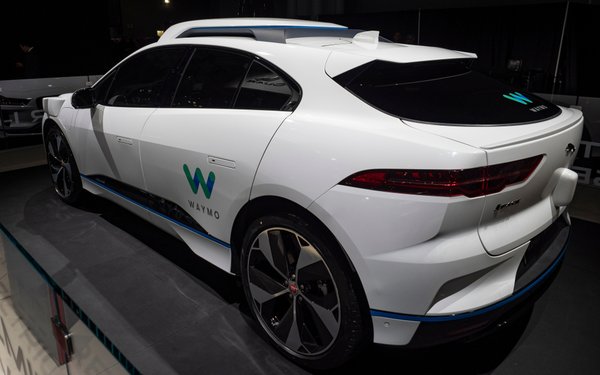
Many consumers have
connected cars, but many of them don’t actually know it.
It turns out there’s a major disconnect between connected car owners and the benefits of using the technology.
Nearly half (47%) of connected car owners don’t know that the features they have means their vehicle is considered to be a connected car, according to a study comprising a survey of 8,500
connected car owners in13 countries conducted by Kantar TNS.
The majority (68%) of connected car owners in North America also didn’t receive a demonstration of their car’s features
at the moment of purchase. The number was even higher (74%) in Europe.
Those who use connected car features are far more likely to pay for them, according to Kantar TNS. For example, 71% of
users are willing to pay for emergency call and roadside assistance compared to 56% of non-users. And 61% of users are willing to pay for speed alert and lane departure warnings compared to 48% of
those who don’t use such features.
advertisement
advertisement
Another challenge for automakers with connected car features is that they are far from top of mind during the car shopping process. When purchasing a
new car, connectivity is at the bottom of the list of main reasons to buy the car. Here are the key purchasing considerations:
- 47% -- Safety
- 42% -- Fuel economy
- 38%
-- Brand image
- 34% -- Exterior design
- 11% -- Connectivity
The good news for traditional automakers is that more (34%) car owners trust them compared to 18% trusting
tech brands.
A quarter (25%) of car owners don’t actively use their car’s connected features. The majority (56%) of drivers who accessed connected car features at the time of their
car purchase either don’t’ plan to or are unsure whether they will renew them in the future.
Despite the lack of enthusiasm for connected cars, the majority (52%) of consumers plan
a connected car as their next car purchase. Even if they don’t know exactly what that means.